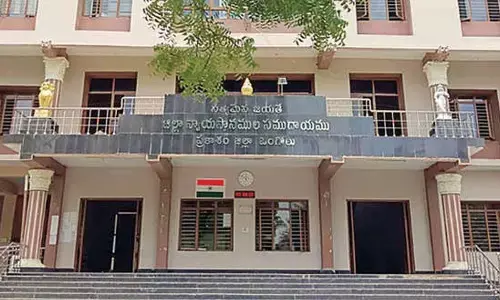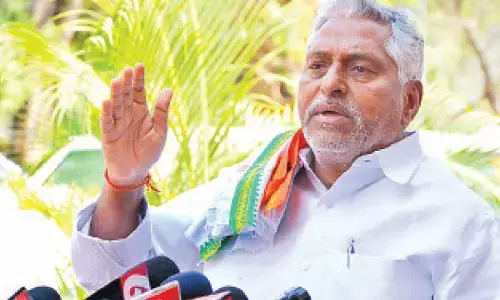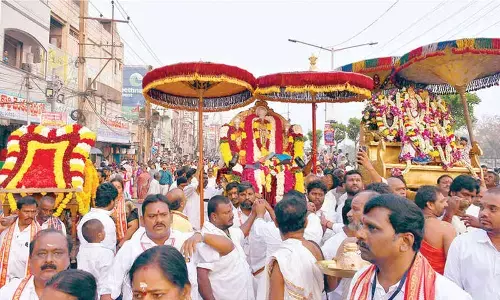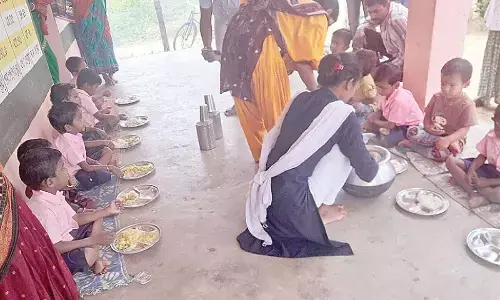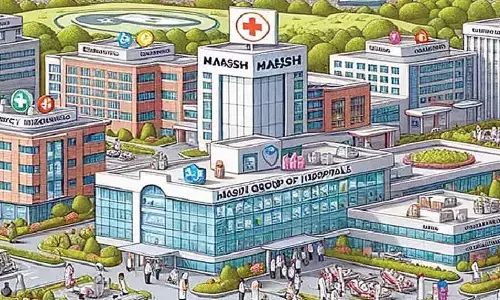Why Indian students in the US find tough to fit in
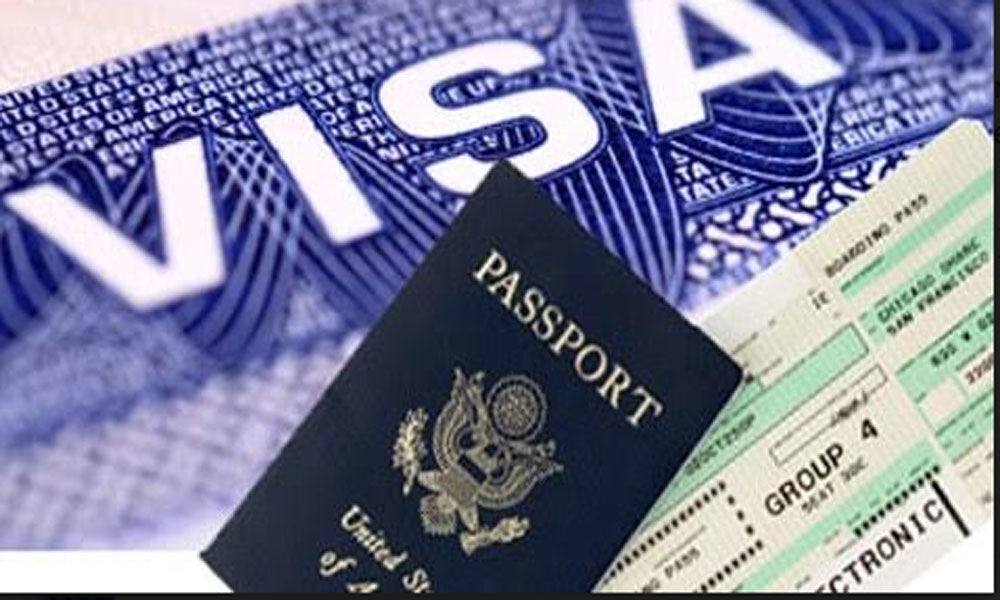
- The real enemy is lack of a conducive environment, not immigration laws and H-1B rues
- The US is one of the best graduate school destinations for international students
In November 2016, during an end-of-semester lab exam, I took a look at my cell phone to see the results of the election. It was clearly towards Donald Trump. Fear hit me. I imagined a future in which I would graduate without work due to the strict immigration laws that Trump would impose. Today, I realize that my fear of being unemployed was justified, however, the reason was not. Little did I know that the real trial was not supposed laws and legislation.
The immigration condition
The US is one of the best destinations of graduate schools for international students due to its quality education, its world-class infrastructure and an open labour market. It hosted around 10 lakh students in 2017 with the United Kingdom and China earning second and third place.
Indian students continue to be the second leading community among students, reaching almost 1.86,000 in 2017. And Tamil Nadu is a fair part of the pie. For these students, the coveted visa category is the H-1B, since it allows you to stay in the US for six years while employed, and extends it indefinitely once a green card application is submitted. In the last 16 years, the supply of the 85,000 assigned visas has been exhausted every year and since 2014, it did not last more than five days from the acceptance of the applications.
The good news came with a new Trump ruling in 2018 that tilted the scale toward the master's degree holders. As of 2019, the order of filing will be reversed. All, including master's students, will be considered first in the 65,000-visa category. The remaining master's students will have a second chance in the next 20,000 visa category. This increases the probability of selection from 51% to 55% for the master's students.
The bad news is that Trump's push to "hire Americans" has increased the number of visa denials, which prolongs the process and costs more money for employers. Despite this, in 2018 more than 190,098 visas were submitted, a strong message that US employers value foreign talent.
The real elephant in the room
When we hear about the lack of jobs in the US, we get tempted to blame immigration restrictions because of their conspicuous nature. Dig a little deeper and discover more symptoms.
While universities in India tend to have placement committees responsible for rope in companies and hiring students, US universities still have to recognize the term "placement." Unlike the massive recruitment that takes place in India, get a job in the US involves establishing contacts with employees, attend career fairs, obtain an internship and acquire specialized skills.
Not only is there a cultural change, but also a psychological change. "Learning to drive, cook, manage finances, take care of a home without help are some of the things I would have wanted to learn if I could go back in time," says Shivani, who recently completed her master's at Cornell College. Research shows that universities must better understand the (international) barriers students face to implement more effective transition programs. Some of the students' problems include cultural misunderstandings, financial and social support, and inclusion in the local community. Studies have found that stress and lack of social support lead to psychological problems.
What to do differently
Marcelo Barros, the founder of The International Advantage, which offers job search workshops, says: "At least 90% of the job search process is well understood by international students, there are subtleties that can go unnoticed and the remaining 10% that students need to focus. International students often find it strange speaking about the challenges of an employer during an interview and provide solutions to the same can make them more competitive candidates in the eyes of employers. "
When inquired if a career coaching company could help, the Columbia University graduate, Srivatsan Ramesh, said strongly "no." "It's a waste of time, I failed 30 times to get a job, but every failure taught me a lesson, self-improvement and self-realization are the best ways to succeed," he says.
As students often carry a financial burden, they need to prepare themselves before arriving in the United States. The first step is to understand the need to be prepared. This includes spending hours researching, contacting alumni, taking courses or examining the US landscape. The choice is to start asking the right questions or blaming the intractable policies.



